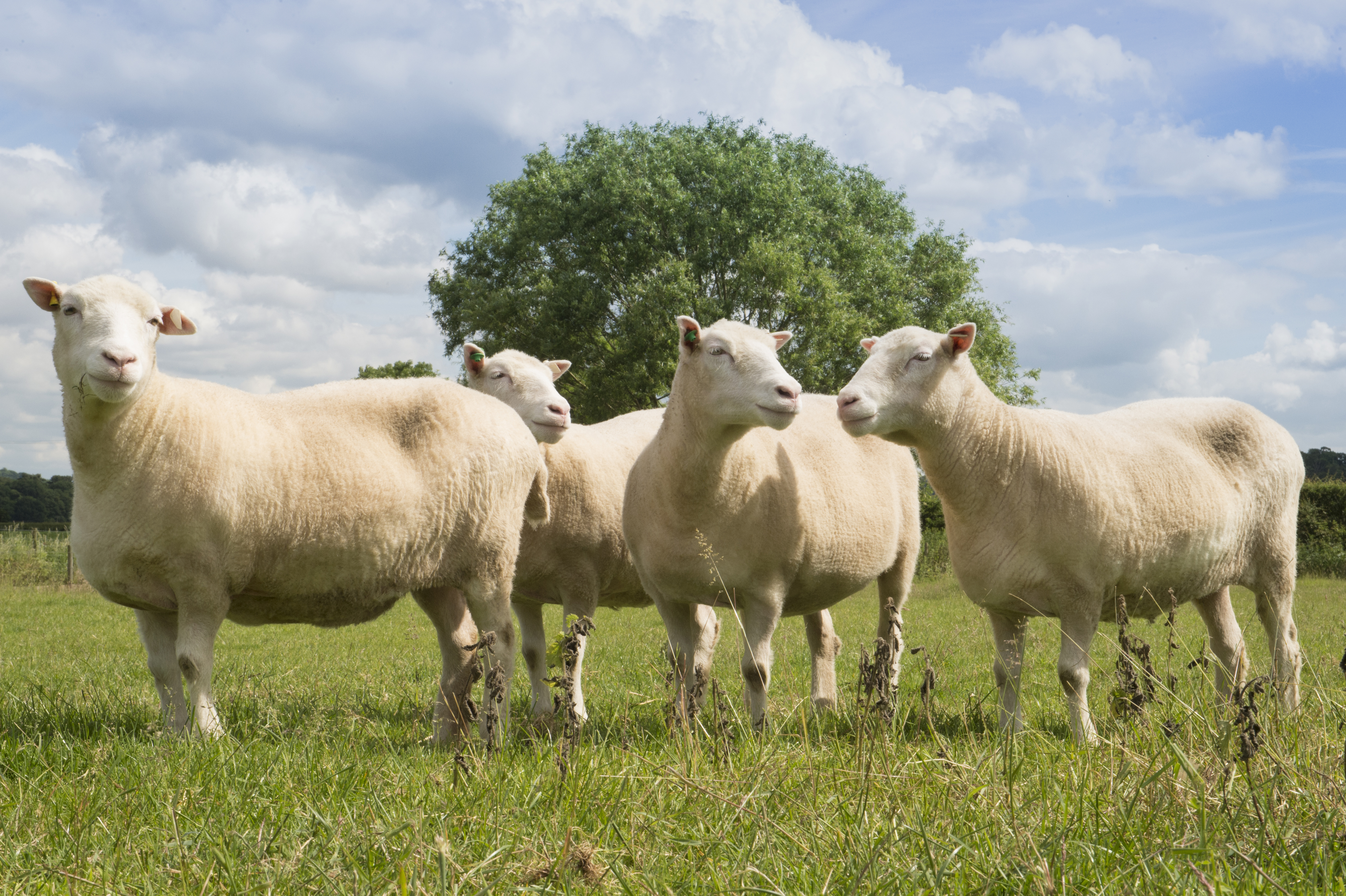News release
From:
Medical research: Clones of Dolly the sheep age well *ESOF PRESS BRIEFING* *IMAGES and VIDEOS*
Cloned sheep, which are created by a technique called somatic-nuclear cell transfer, age normally, suggests a study published in Nature Communications. The analysis of 13 aged cloned sheep, including four created from the same genetic material as the first cloned animal, Dolly the sheep, represents the first long-term study of the health effects of cloning in a large animal.
Dolly the sheep, who was born 20 years ago (in July 1996), died at a comparatively young age of 6.5 years, having suffered from osteoarthritis. This outcome has raised concerns that cloned animals may age more quickly, or less healthily, than normal offspring.
Kevin Sinclair and colleagues studied 13 cloned sheep between 7 and 9 years of age. Four of the animals were cloned using nuclei from the same mammary-gland cell line as Dolly, so are effectively clones (or genomic copies) of Dolly. The authors performed musculoskeletal assessments, metabolic tests and blood pressure measurements, as well as radiological examinations of all main joints in the cloned sheep and compared them to control sheep (5 and 6 years old). All cloned sheep are still alive and healthy, showing only mild or, in one case, moderate osteoarthritis. The animals also show no signs of metabolic diseases, and have normal blood pressure.
Although the authors could not compare the cloned sheep with normal animals of exactly the same breed and age, and did not measure molecular markers associated with ageing, the study provides the strongest evidence yet that large cloned animals age normally. These findings provide important information about the safety of cloning and its long-term effects on animal health.
Expert Reaction
These comments have been collated by the Science Media Centre to provide a variety of expert perspectives on this issue. Feel free to use these quotes in your stories. Views expressed are the personal opinions of the experts named. They do not represent the views of the SMC or any other organisation unless specifically stated.
Dr Richard Fry is CEO of Clone International, an Australasian based company specialising in the cloning of agricultural animals. He is also an Associate Professor at the University of Melbourne
There has been much interest in adult cloning (SCNT) since the birth of Dolly the sheep in 1996, with questions arising about premature aging of the clone as a result of using donor cells from adults. Initial reports looked at the length of the telomeres which sit on the end of the chromosomes and become shorter with age.
These were quite short for Dolly and this was interpreted as evidence that she was prematurely aging along with her relatively early death at 6.5 years with arthritis.
Subsequent studies showed that the tissue from which Dolly was created had shorter than the average telomere length and studies on other clones exhibited longer telomere length than average indicating that this was just natural variation in telomere length.
This new study by Sinclair et al., is significant in that it demonstrates no long term health issues in a number of adult cloned sheep (some originating from the same mammary cell line as Dolly) and further refutes the notion of premature aging in clones produced from adult cells.



 International
International


